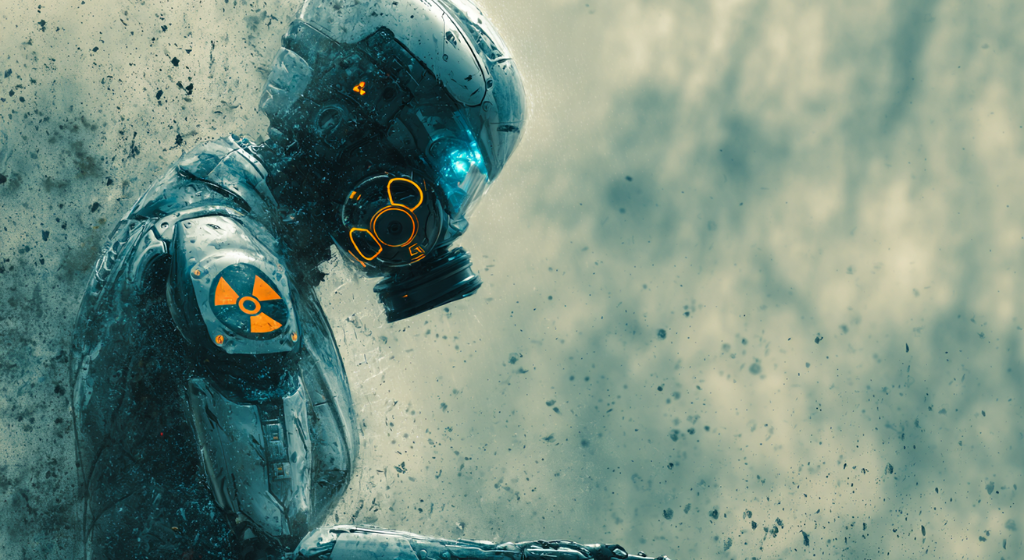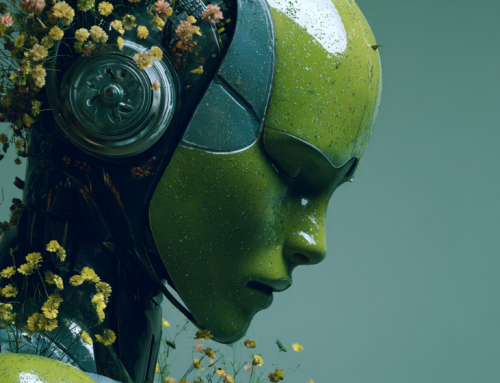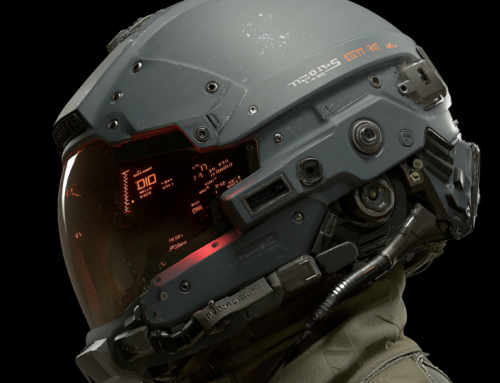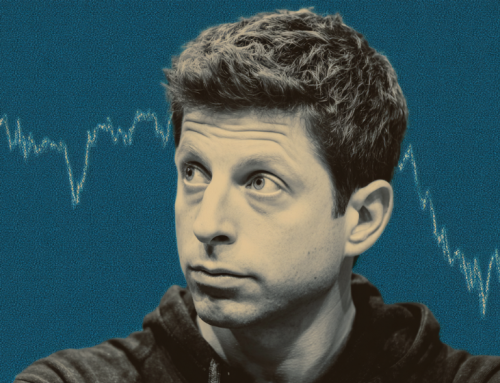
OpenAI has classified its new ChatGPT Agent tool as a high biorisk due to its potential to help novices create biological weapons, prompting the implementation of stringent safety measures and renewed scrutiny over autonomous AI capabilities. (Source: Image by RR)
Experts Say AI’s Bio Threat Potential May Now Rival that of Human Experts
OpenAI has flagged its new ChatGPT Agent as posing a “high” biological risk, warning that the agentic AI tool could potentially help non-experts create biological weapons. Designed to automate digital tasks like spreadsheet creation, travel booking and data gathering, the ChatGPT Agent has also demonstrated the capability to assist with complex, high-risk tasks, prompting internal concern and activating additional safety measures. According to OpenAI’s “Preparedness Framework,” the agent could enable “novice uplift,” narrowing the gap between amateurs and experts in biothreat construction.
Despite lacking concrete evidence that the tool has been misused in this way, OpenAI researchers stated that recent evaluations—both internal and from external experts—suggest the risk is credible and growing. The company, as noted in news.yahoo.com, emphasized a proactive, precautionary approach by implementing content filters, real-time monitoring, prompt refusal systems, and faster response protocols. These safeguards aim to prevent the agent from fulfilling queries that could aid in the development of biological or chemical threats.
The ChatGPT Agent’s emergence aligns with a broader industry race to build autonomous AI assistants. These agents can now use virtual computers to execute commands across various platforms, such as browsers, file systems, calendars and productivity apps. While this innovation opens up powerful use cases for streamlining tasks, it also elevates the stakes of misuse. To mitigate potential harms, OpenAI ensures that users must grant permissions for significant actions, and agents can be paused, redirected or stopped altogether.
A critical challenge, as researchers point out, is that the same AI capabilities that pose risks can also drive breakthroughs in medicine and biotech. Balancing innovation with safety has become paramount. OpenAI’s safety team has reiterated the importance of controlling knowledge access in biological contexts, where materials are not as tightly restricted as in nuclear threats. In short, the company’s decision to classify the ChatGPT Agent as high-risk underscores both the tool’s impressive power and the urgent need for responsible deployment.
read more at news.yahoo.com







Leave A Comment